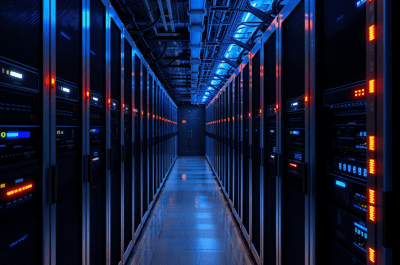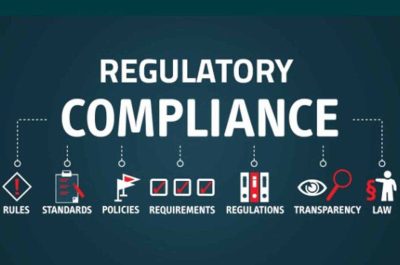In the digital age, small and medium-sized businesses (SMBs) are increasingly becoming targets for cybercriminals. While large enterprises often have extensive resources dedicated to cybersecurity, many SMBs operate with limited budgets and smaller IT teams, making them more vulnerable to attacks. In 2024, the landscape of cybersecurity threats continues to evolve, and SMBs must stay vigilant to protect their sensitive data, financial assets, and business operations from potential breaches.
1.1 Understanding the Latest Cybersecurity Threats
Cyber threats have grown more sophisticated, with cybercriminals employing advanced techniques to breach security systems. Ransomware attacks, phishing schemes, and data breaches are among the most common threats facing SMBs today. Ransomware, in particular, has seen a sharp rise, with attackers encrypting company data and demanding payment for its release. Phishing attacks, where malicious actors trick employees into revealing sensitive information or downloading malware, are also on the rise. Additionally, SMBs must contend with insider threats, where employees—intentionally or unintentionally—compromise security.
1.2 Common Vulnerabilities in SMBs
SMBs often have several common vulnerabilities that make them attractive targets for cybercriminals. One major vulnerability is outdated software and systems, which can leave security gaps that hackers can exploit. Another vulnerability is the lack of proper security protocols, such as strong passwords, multi-factor authentication (MFA), and regular software updates. Additionally, many SMBs do not have a dedicated cybersecurity team, leading to gaps in monitoring and responding to threats. The human factor also plays a significant role; employees may not be adequately trained to recognize phishing attempts or follow security best practices.
1.3 The Importance of Employee Training
One of the most effective ways to bolster cybersecurity in SMBs is through comprehensive employee training. Since many cyberattacks target individuals within an organization, educating employees about the latest threats and how to avoid them is crucial. Regular training sessions can help employees recognize phishing emails, avoid clicking on suspicious links, and understand the importance of using strong, unique passwords. Additionally, training should cover the proper handling of sensitive information and the use of secure communication channels. By making cybersecurity a part of the company culture, SMBs can significantly reduce their risk of falling victim to attacks.
1.4 Implementing Robust Cybersecurity Measures
To protect their businesses, SMBs must implement robust cybersecurity measures that align with their specific goals and operations. This begins with conducting a thorough risk assessment to identify potential vulnerabilities and prioritize areas for improvement. SMBs should invest in reliable antivirus and anti-malware software, firewalls, and intrusion detection systems. Regular software updates and patches are essential to close any security gaps that could be exploited by attackers.
In addition to technical solutions, SMBs should develop and enforce strong security policies, including the use of MFA, regular password changes, and restricted access to sensitive data. Data backup and recovery plans are also crucial, ensuring that the business can quickly recover in the event of a ransomware attack or data breach. Finally, SMBs should consider partnering with managed security service providers (MSSPs) to access advanced security tools and expertise that may be beyond their in-house capabilities.
1.5 Aligning Cybersecurity with Business Goals
Cybersecurity should not be viewed as a separate IT function but as an integral part of the business strategy. SMBs need to align their cybersecurity measures with their overall business goals, ensuring that security protocols support the continuity and growth of the business. This includes protecting customer data to maintain trust and compliance with regulations such as GDPR or CCPA, as well as safeguarding intellectual property and other critical assets. By integrating cybersecurity into the core of their operations, SMBs can build resilience against cyber threats while enabling business growth and innovation.
In 2024, cybersecurity is more critical than ever for SMBs. As cyber threats continue to evolve, businesses must take proactive steps to protect themselves. By understanding the latest threats, addressing common vulnerabilities, investing in employee training, and implementing robust security measures, SMBs can safeguard their operations and focus on achieving their business objectives. Cybersecurity is not just a technical issue—it’s a business imperative that requires ongoing attention and investment.et





